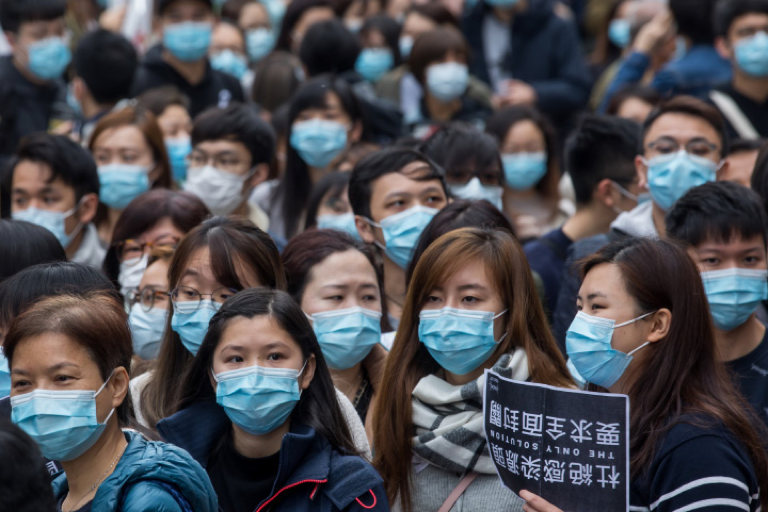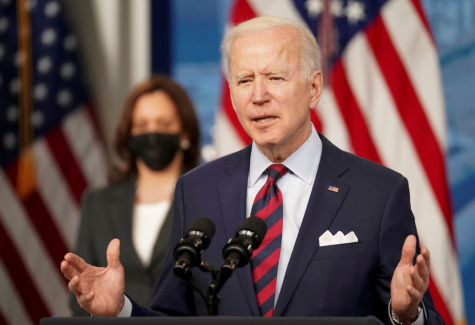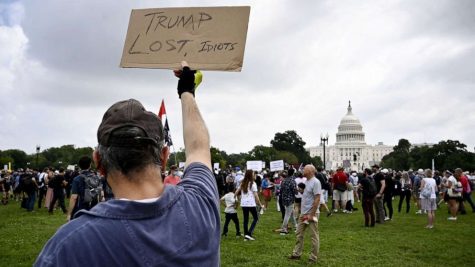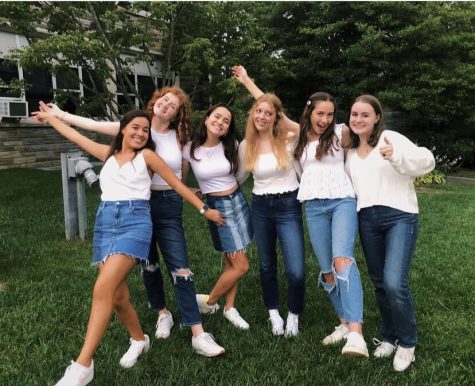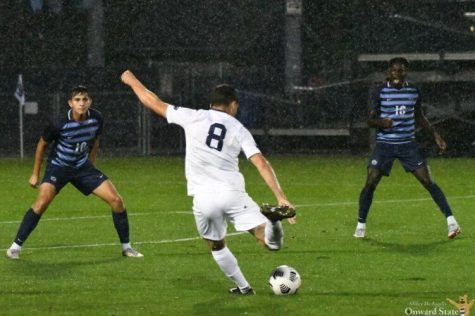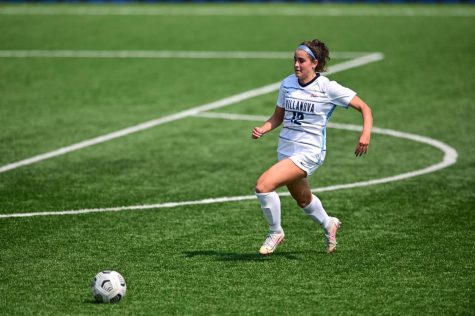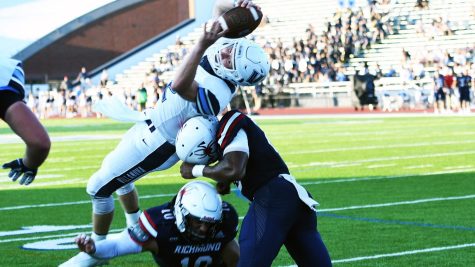The Impact of Hong Kong’s National Security Law On American Universities and International Students
The Impact of Hong Kong’s National Security Law On American Universities and International Students
September 2, 2020
Earlier this month, China passed a national security law in Hong Kong forbidding its citizens from criticizing the government. Given China’s proclivity to assault and arrest protestors, this sentiment isn’t new. The Chinese government frequently stymies protests; however, it wasn’t legislated in Hong Kong until this summer.
This law concerns pro-democracy inhabitants of Hong Kong, a city which tends to act with Western ideals. Security forces of the Chinese Communist Party are now imprisoning the residents of the once democratic and capitalist Hong Kong for protesting or speaking against the government. Further threatening the freedom of Hong Kong’s citizens, Beijing is upending Hong Kong’s autonomy.
Legislation particularly concerning China also affects Chinese students taking courses abroad and the professors of those courses. Political science and international business courses hold discussions and assign essays criticizing the Chinese government, so will Chinese students studying here opt out of these courses? American universities encourage free thinking, so how should professors approach this issue?
Per the Wall Street Journal’s reporting, professors at Ivy League colleges, such as Princeton and University of Pennsylvania, thought of possible solutions to these problems. One possibility includes the assignment of codes to students in order to prevent the Chinese government from discovering the author of assignments critical of China.
Another option is to place an advisory note on each class cautioning students of content which will criticize Chinese politics or societal aspects.
Surprisingly, adjusting courses for Chinese international students has upset many Americans who think the United States should not make accommodations for students from China. Anti-accommodationists radically claim that American universities should not alter anything for Chinese students because the students study here of their own volition and are aware of the risk involved. American universities should, however, feel compelled to disguise Chinese international students if they are willing to take the course. The professors cannot guarantee a student’s safety, but they can take steps to protect students wanting to study and participate in the course.
The Ivy League universities accommodating Chinese students should serve as a model for Villanova. In the upcoming semester, The University must decide to resist the new Hong Kong national security law and demonstrate its commitment to free thinking while protecting students’ identities.

